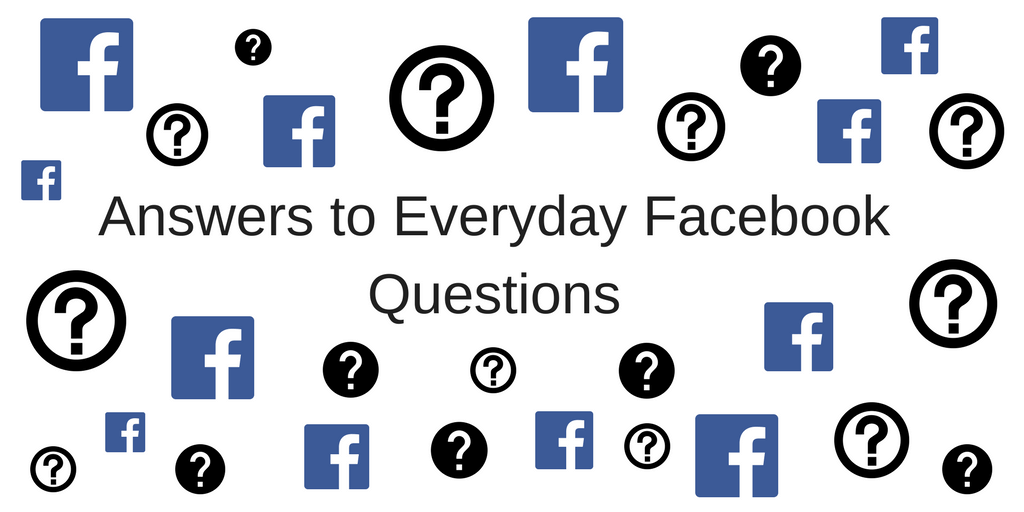
What is the main difference between a Facebook Page and a Facebook Group?
A Facebook Group could also be set up to represent a business, organization, brand or public person, but the Group could simply be an online community of people. Facebook Groups may or may not be public depending on which of the 3 privacy settings is used: public, closed or secret.
Facebook Group Settings Explained
A Closed Group cannot be seen by people who are not on Facebook. Anyone on Facebook can find a Closed Group and see its members, but only members of the Closed Group can see the Group’s posts. Anyone on Facebook can ask to join a Closed Group or be added by a member of the Group.
A Secret Group is basically invisible. This type of Group cannot be seen by people whether or not they are logged onto Facebook, except for members of the Secret Group of course. Anyone on Facebook can join but they must be invited or added by a Group member. Only members of the Secret Group can find the Group on Facebook and see the Group’s posts.
Facebook Page Visitor Posts Explained
- Visitors are allowed to post on the Page without any restrictions
- Visitors can post, but the posts will be subject to review and approval by a Page admin
- Posting is disabled, i.e. no posts by others is allowed on the Page
Facebook Group Posts
Features Unique to Pages and Groups
Facebook does not provide any analytics for Facebook Groups and technically Groups can’t be advertized. But Facebook Groups do have some functionality that Pages do not. Group members can upload a document to be shared with the Group, or create a shared note that other Group members can view and/or edit. Groups can also store files and allow members to search through posts.
So Why Create a Facebook Group?
The simplest way to describe a Facebook Group is as an online community, a discussion forum, or a support group organized around a common interest or goal. Groups are great for organizing people and facilitating interaction between people. That is the lifeblood of a Group – the interaction and engagement. Active participation with and amongst Group members is what keeps a Group alive and growing. A Group could be a great a place to share or get resources, advice, and support. So the main thing to consider is if you can be committed enough to manage your Group and to be responsive to your Group.
If you have some expertise that you’d like to share, a Facebook Group could be a great place to do so. However, you’ll need to strike a balance between promoting yourself and serving the Group. After all, a Group is a sort of community which should be focused on what interests its members. Things should not be one-sided.
I am in a number of Facebook Groups and I’ve noticed that the best Facebook groups have a few things in common:
- a clear purpose/topic of interest – so that Group members know what to expect and what they can post in the Group,
- clear rules/standards/code of conduct e.g. no spamming or self-promotion is allowed, and
- a lot of interaction and engagement with its members – members are invited to comment, ask questions, and to share information and resources with others.
So don’t make your Group all about you, encourage everyone to participate and contribute, let the Group run itself, but do police things if members break the rules or disputes arise within the Group, and always make sure that the Group delivers value to its members. And one last thing, bigger is not necessarily better. While many of the most successful Groups on Facebook have 5,000 – 15,000 members, I’ve also been in very small, secret FB groups with less than 10 people that were very effective. Everyone in the Group was super committed to the Group, supportive and collaborative. The right size for your Facebook Group will really depend on what the purpose of your Group is – whether it’s to serve a team, a neighborhood, networking group, social group, community group, or a common interest group.
This post was first published on my personal website at http://www.felicialin.com/blog/2017/3/25/facebook-page-or-group-that-is-the-question.
– Felicia Lin

